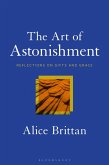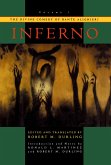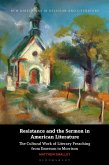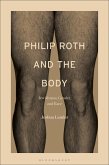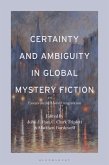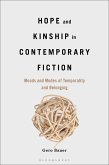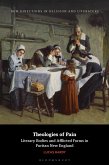First Place Winner in Non-Fiction from the 2023 Next Generation Indie Book Awards
Part literary history, part personal memoir, Alice Brittan's beautifully written The Art of Astonishment explores the rich intellectual, religious, and philosophical history of the gift and tells the interconnected story of grace: where it comes from and what it is believed to accomplish. Covering a remarkable range of materials-from The Epic of Gilgamesh, The Iliad, and the tragedies of Classical Greece, through the brothers Grimm and Montaigne, to C. S. Lewis, Toni Morrison, J. M. Coetzee, Elena Ferrante, Karl Ove Knausgaard, and Jhumpa Lahiri-Brittan moves with ease from personal story to myth, to theology, to literature and analysis, examining the nature of social and communal obligation, the role of the intellectual in times of crisis, and the pleasures of reading.
In the 21st century, we might imagine grace as a striking and refined quality that is pleasurable to encounter but certainly not fundamental to anyone's existence or to the beliefs and practices that hold us together or drive us apart. For millennia, though, it has been recognized as essential to the vitality of inner life, as well as to the large-scale shifts in perspective and legislation that improve the way we live as a society. Grace is also astonishing-always-as the enormously insightful readings in The Art of Astonishment show. Brittan reveals the concept's breadth as sacred and secular, ancient and recent, lived and literary. And in so doing, she shows us how the act of reading is like grace-social but personal, pleasurable and essential.
Hinweis: Dieser Artikel kann nur an eine deutsche Lieferadresse ausgeliefert werden.
Part literary history, part personal memoir, Alice Brittan's beautifully written The Art of Astonishment explores the rich intellectual, religious, and philosophical history of the gift and tells the interconnected story of grace: where it comes from and what it is believed to accomplish. Covering a remarkable range of materials-from The Epic of Gilgamesh, The Iliad, and the tragedies of Classical Greece, through the brothers Grimm and Montaigne, to C. S. Lewis, Toni Morrison, J. M. Coetzee, Elena Ferrante, Karl Ove Knausgaard, and Jhumpa Lahiri-Brittan moves with ease from personal story to myth, to theology, to literature and analysis, examining the nature of social and communal obligation, the role of the intellectual in times of crisis, and the pleasures of reading.
In the 21st century, we might imagine grace as a striking and refined quality that is pleasurable to encounter but certainly not fundamental to anyone's existence or to the beliefs and practices that hold us together or drive us apart. For millennia, though, it has been recognized as essential to the vitality of inner life, as well as to the large-scale shifts in perspective and legislation that improve the way we live as a society. Grace is also astonishing-always-as the enormously insightful readings in The Art of Astonishment show. Brittan reveals the concept's breadth as sacred and secular, ancient and recent, lived and literary. And in so doing, she shows us how the act of reading is like grace-social but personal, pleasurable and essential.
Hinweis: Dieser Artikel kann nur an eine deutsche Lieferadresse ausgeliefert werden.



